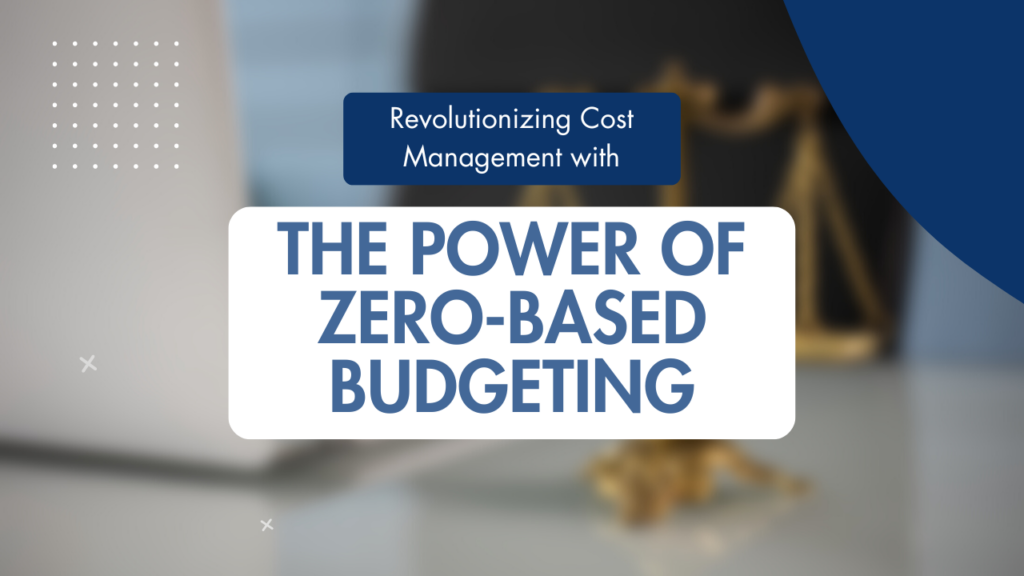Zero-based budgeting (ZBB) emerges as a radical approach to reshaping how companies plan their expenditures. Unlike traditional budgeting methods that often encourage incremental increases based on past budgets, ZBB demands a clean slate. It starts from zero to scrutinize every dollar spent. This method not only challenges the status quo but also paves the way for uncovering inefficiencies.
Breaking Down Zero-Based Budgeting:
At its core, Zero-Based Budgeting is a process that calculates all expenses for each new period as if they were brand new. It’s a methodical approach that forces companies to justify every expense:
- Starting from Scratch. Each budget cycle begins at zero, requiring a fresh justification for existing and proposed expenditures. Thus avoiding the complacency that can come with traditional budgeting methods.
- Comprehensive Expense Review. Every department is tasked with analyzing its costs thoroughly. By doing this, the departments are ensuring that each expense is essential for the business’s operation and aligned with its strategic goals.
- Justification and Alignment. Costs are then justified based on necessity and impact on the business, encouraging a culture of accountability and efficiency.
Strategic Benefits of Zero-Based Budgeting:
Implementing ZBB can be transformative, offering several strategic advantages:
- Cost Efficiency: By examining every expense, companies can identify and eliminate wasteful spending, leading to significant cost reductions.
- Agility and Flexibility: ZBB allows companies to adapt more quickly to changing business environments. It does this by reallocating resources to areas with the highest strategic importance.
- Enhanced Strategic Alignment: This budgeting approach ensures that spending is closely aligned with company goals, as every expense must be justified in the context of its contribution to the company’s objectives.
- Cultural Shift: ZBB promotes a cost-conscious culture within the organization, where resource allocation is continuously scrutinized and optimized.
Implementing Zero-Based Budgeting:
While ZBB offers numerous benefits, its implementation requires careful planning and execution:
- Commitment from Leadership: Successful ZBB implementation starts with strong support from top management, underscoring its importance to the organization.
- Clear Communication: It’s crucial to communicate the objectives and benefits of ZBB across the organization to ensure buy-in and participation from all departments.
- Training and Support: Employees should be trained on the ZBB process, with resources available to help them identify cost-saving opportunities effectively.
- Continuous Review: ZBB is not a one-time effort but a continuous process that demands regular review and adjustment of budgets to reflect the dynamic nature of business needs.
Conclusion:
Zero-based budgeting represents a paradigm shift in financial management, offering a proactive tool for companies to enhance their cost efficiency, agility, and strategic alignment. By adopting ZBB, businesses can scrutinize and justify that every dollar spent is, leading to a leaner, more dynamic organization poised for growth and success. Embracing ZBB is not merely about cutting costs but about making smarter spending decisions that propel the company forward.

